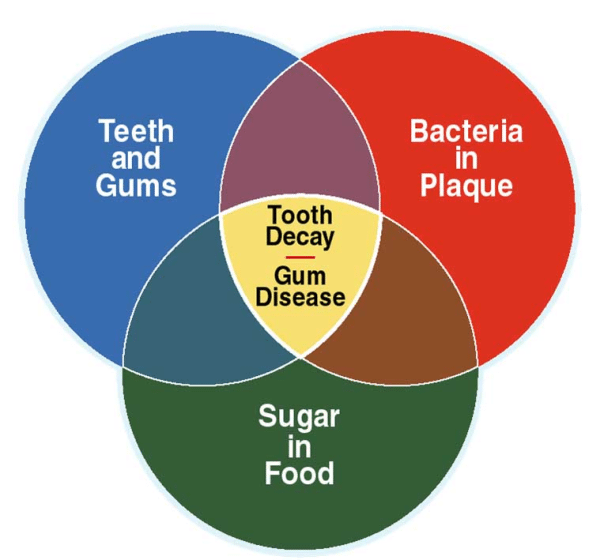 The American Diabetes Association estimates that 26 million Americans have diabetes.
The American Diabetes Association estimates that 26 million Americans have diabetes.
Given that number it is fair to say that you – or someone you know – is working to keep blood sugar levels in check.
On a personal note, I have a close family member, a close friend, as well as many wonderful patients with diabetes. In each case, I have great respect for the effort it takes to monitor blood sugar levels, eat a proper diet, and to exercise to control this disease.
.
I am also continually reminded by my patient interactions, diagnosis and treatment – that proper dental care is especially important for people with diabetes. By visiting Comfort Dental at least twice per year, our diabetic patients are able to head off or control many dental issues common to diabetes.
.
Gum Disease and Other Dental Issues – Take charge of diabetes and dental health
Studies have revealed the lowered immune system impact of diabetes also makes one more susceptible to developing oral health issues, including serious gum disease along with fungal infections. Let’s take a look at four areas of oral health especially important for individuals with diabetes:
 1 – Gum Disease. This chronic bacterial infection affects the gums and bone supporting the teeth. It all begins when the bacteria in plaque (the sticky, colorless film that constantly forms on your teeth) causes the gums to become inflamed. As this bacteria progresses below the gum line it attacks the healthy tooth structure and eventually can destroy bone around teeth.
1 – Gum Disease. This chronic bacterial infection affects the gums and bone supporting the teeth. It all begins when the bacteria in plaque (the sticky, colorless film that constantly forms on your teeth) causes the gums to become inflamed. As this bacteria progresses below the gum line it attacks the healthy tooth structure and eventually can destroy bone around teeth.
The American Diabetes Association points to emerging research suggesting the relationship between serious gum disease and diabetes is two-way:
- Number One: Individuals with diabetes more susceptible to serious gum disease.
- Number Two: Serious gum disease may have the potential to affect blood glucose control and contribute to the progression of diabetes.
.
2 – Fungal Infections. Since diabetes compromises the immune system, one may be prone to developing fungal infections in the mouth and throat such as thrush. Those who tend to have high blood sugar levels or take antibiotics are more likely to have this problem. Thrush makes white (or sometimes red) patches in areas of the mouth. These can get sore or turn into ulcers. If you think you have a fungal infection, it is important to talk to your dentist or doctor.
3 – Poor or delayed healing. If your diabetes is poorly controlled, you heal more slowly and you increase your chance of infection after dental surgery. To give yourself the best shot at healing well, keep your blood sugar under control before, during, and after surgery.
 4 – Dry mouth. Some people with diabetes complain of dry mouth. This may be caused by medicines you take. You may notice a dry mouth if your blood sugar levels are high. A dry mouth can increase your risk of cavities, because there’s less saliva to wash away germs and take care of the acids they create. Dry mouth can sometimes lead to other problems, such as salivary gland infections.
4 – Dry mouth. Some people with diabetes complain of dry mouth. This may be caused by medicines you take. You may notice a dry mouth if your blood sugar levels are high. A dry mouth can increase your risk of cavities, because there’s less saliva to wash away germs and take care of the acids they create. Dry mouth can sometimes lead to other problems, such as salivary gland infections.
.
If you have dry mouth, try drinking more fluids. You can also try chewing sugar-free gum or sugar-free candy to help keep the saliva flowing. Some people use saliva substitutes, available at drug stores.
Diabetes demands that one takes charge of overall health, with oral health being a key component. Comfort Dental is here to be part of your team to ensure you are able to head off or control many dental issues common to diabetes.
If you have questions about diabetes and oral health – or other dental topics, we are here to help. Comfort Dental is here to help you take charge of your dental health with extraordinary care in an inspiring atmosphere.






